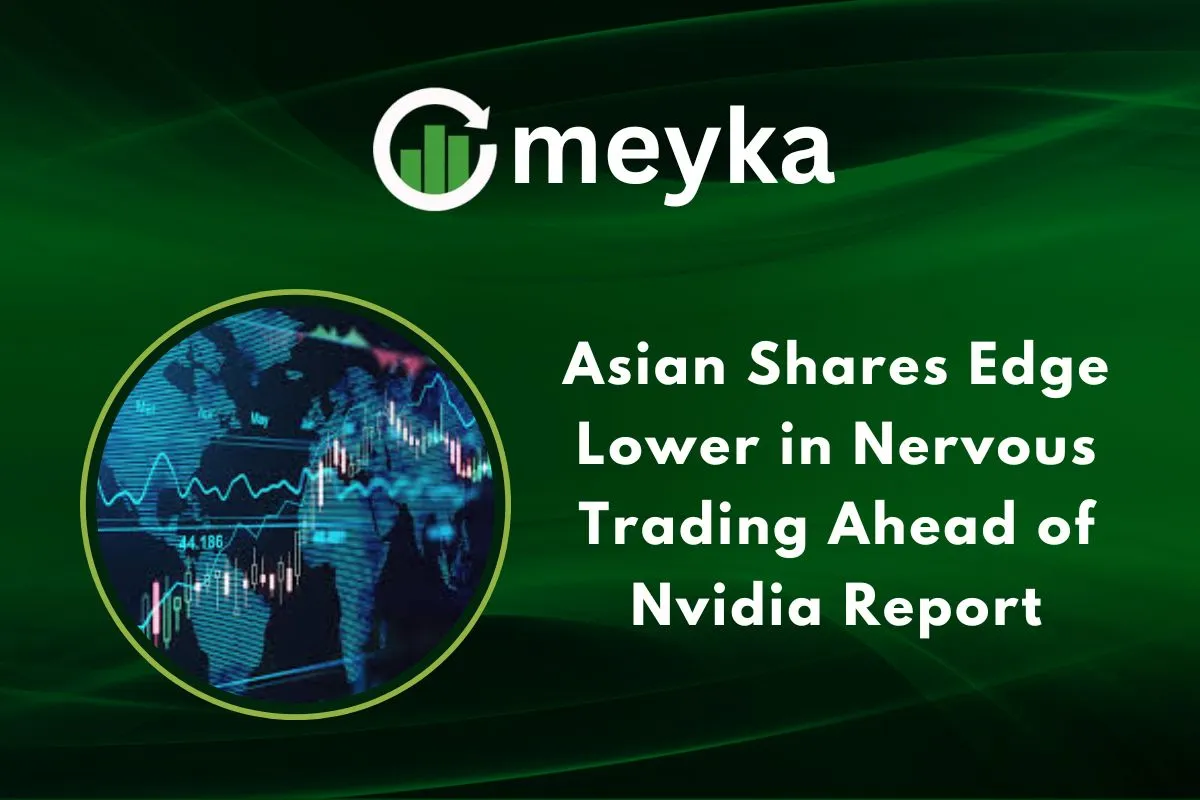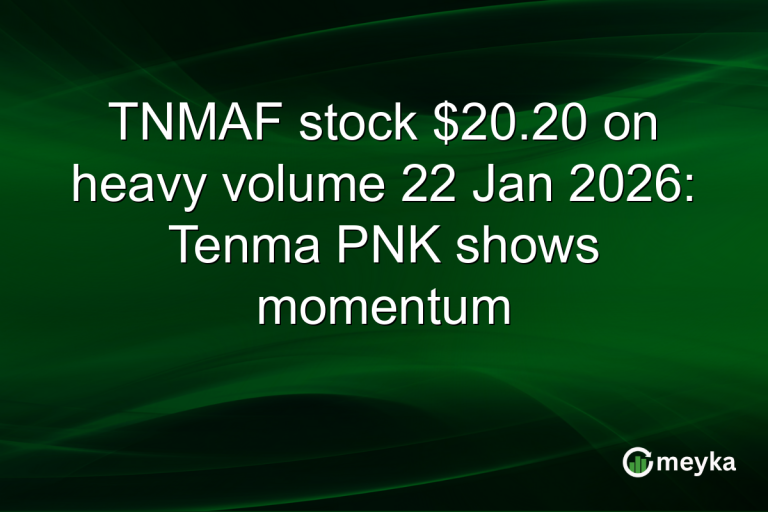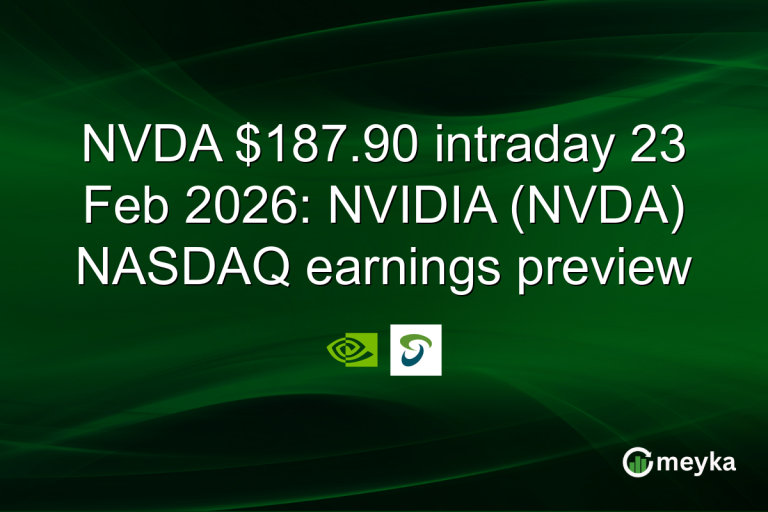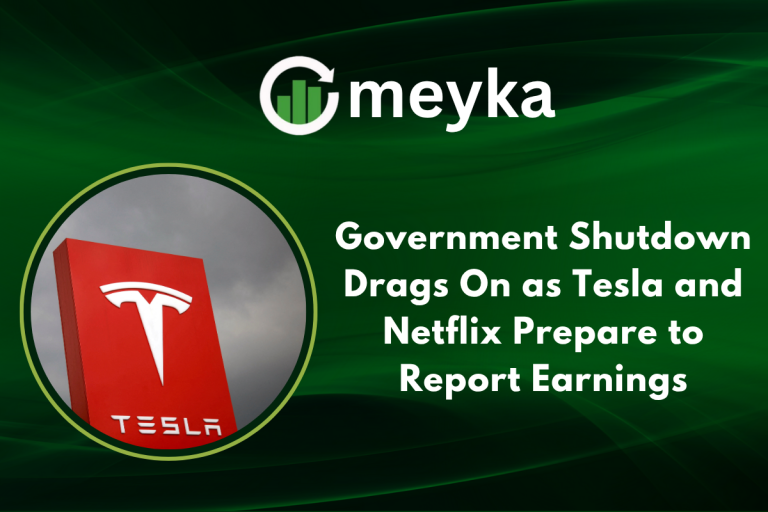Asian Shares Edge Lower in Nervous Trading Ahead of Nvidia Report
Asian shares are under pressure today as investors grow cautious ahead of one of the most anticipated earnings reports in the tech world: Nvidia’s quarterly results. Markets from Tokyo to Hong Kong are trading tentatively, with many traders watching for any sign that the AI boom might be cooling. We’re seeing a mood of anxiety, rather than excitement. The reason? Nvidia is seen as a bellwether for the entire AI-driven rally; its performance could shape investor sentiment across the globe.
Continue Reading on Meyka
This article is available in full on our main platform. Get access to complete analysis, stock insights, and more.
Read Full Article →





